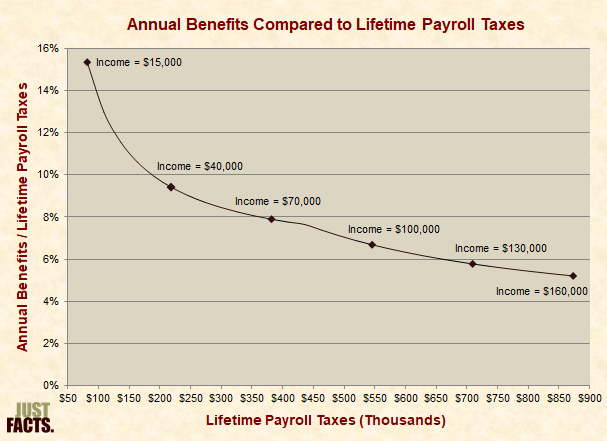A quarter of middle-class Americans are now so pessimistic about their savings that they are planning to delay retirement until they are at least 80 years old -- two years longer than the average person is even expected to live.
It sounds depressing, but for many it's a necessity. On average, Americans have only saved a mere 7% of the retirement nest egg they were hoping to build, according to Wells Fargo's latest retirement survey that polled 1,500 middle-class Americans.
While respondents (whose ages ranged from 20 to 80) had median savings of only $25,000, their median retirement savings goal was $350,000. And 30% of people in their 60s -- right around the traditional retirement age of 65 -- that were surveyed had saved less than $25,000 for retirement.


